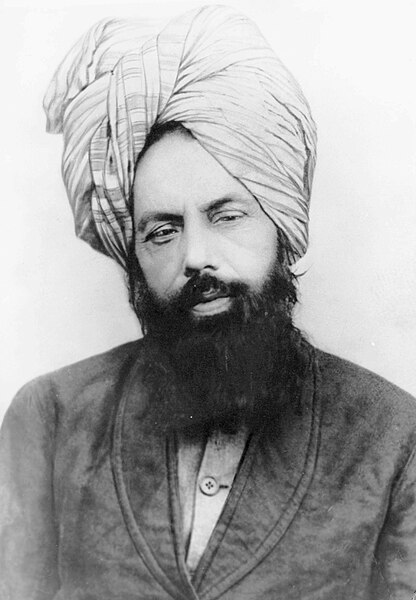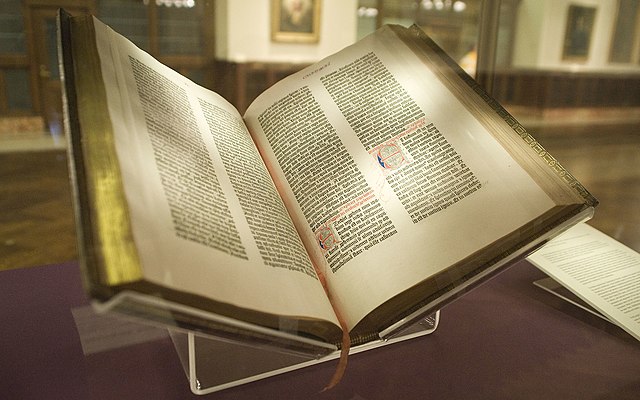In Abrahamic religions, a messiah or messias is a saviour or liberator of a group of people. The concepts of mashiach, messianism, and of a Messianic Age originated in Judaism, and in the Hebrew Bible, in which a mashiach is a king or High Priest traditionally anointed with holy anointing oil.
Samuel anoints David, Dura Europos, Syria. Date: 3rd century CE.
The Last Judgment, by Jean Cousin the Younger (c. late 16th century)
Mirza Ghulam Ahmad, founder of the Ahmadiyya Movement in Islam, considered by Ahmadis to be the Promised Messiah of the latter days.
The Druze maqam of Al-masih (Jesus) in As-Suwayda Governorate
The term Abrahamic religion groups three of the major religions together due to their historical coexistence and competition; it refers to Abraham, a figure mentioned in the Hebrew Bible, the Christian Bible, and the Quran, and is used to show similarities between these religions and put them in contrast to Indian religions, Iranian religions, and the East Asian religions. Furthermore, some religions categorized as "Abrahamic" also share elements from other categories, such as Indian religions, or for example, Islam with Eastern religions.
A Jewish Rebbe holds a Torah scroll.
Christianity is based on the teachings of the Bible
A Bible handwritten in Latin, on display in Malmesbury Abbey, Wiltshire, England. This Bible was transcribed in Belgium in 1407 for reading aloud in a monastery.
A cenotaph above the Cave of the Patriarchs traditionally considered to be the burial place of Abraham.








